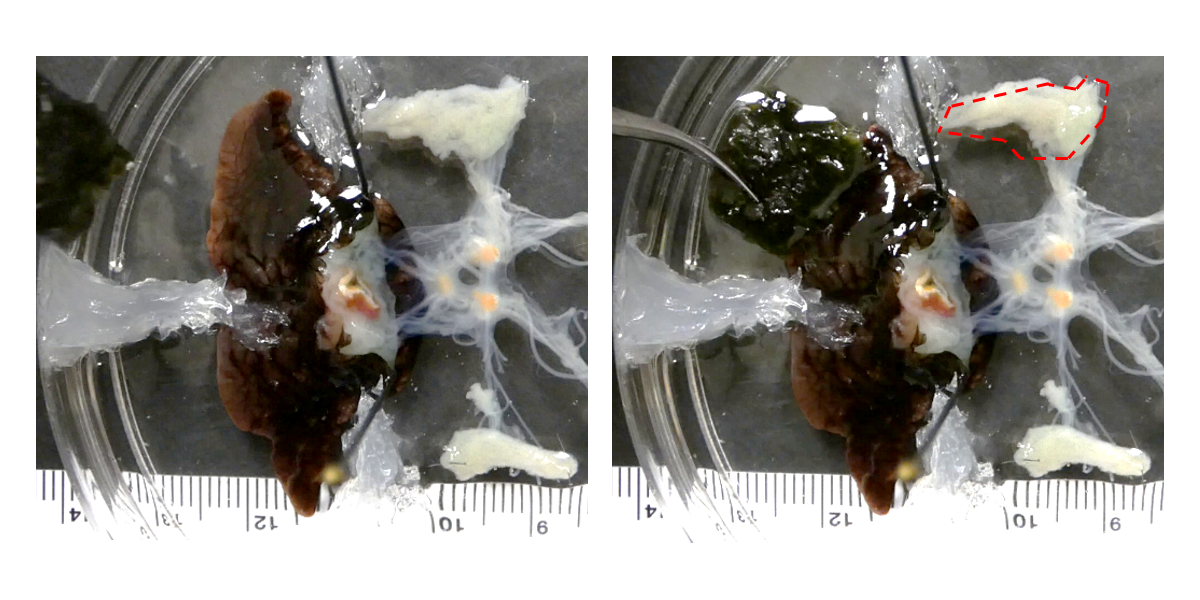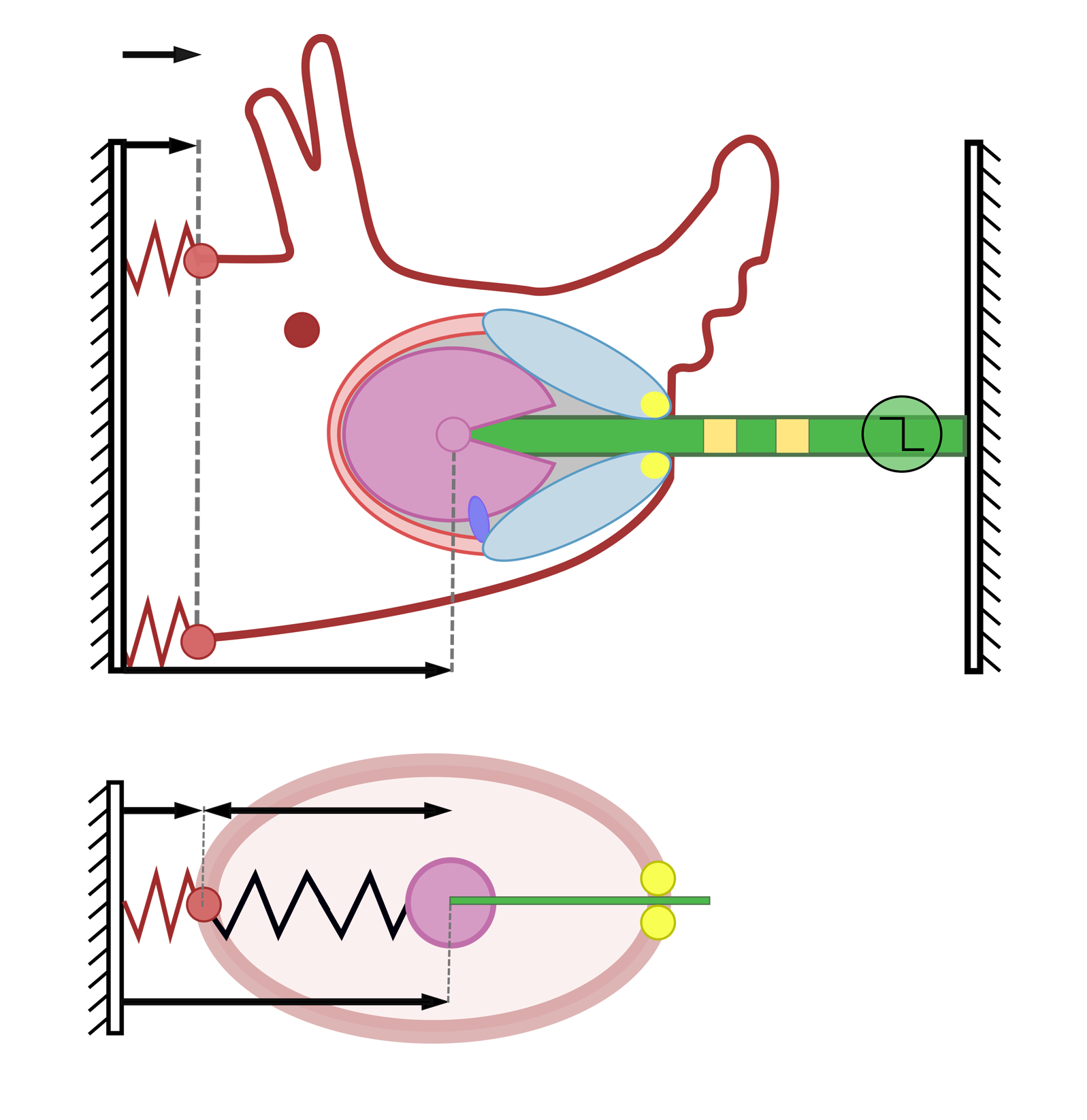Sea slugs to provide clues in understanding the brain
As the co-principal investigator on a National Science Foundation Next Generation Networks for Neuroscience project, Victoria Webster-Wood will investigate the impact of neuromodulators on muscle actuation and modeling biological motor control in engineering frameworks.
The brain, and how it coordinates and controls the body, remains a challenging research problem in neuroscience. To support research in this area, the National Science Foundation (NSF) created a program called Next Generation Networks for Neuroscience, or NeuroNex for short.
Victoria Webster-Wood, an assistant professor of mechanical engineering, is a co-principal investigator on a NeuroNex project granted $8 million dollars over the next five years, $1 million of which will come to CMU.
The project looks at how the nervous system in animals across a range of sizes coordinates and controls interactions with the environment. Despite their differences, all animals evolved with the same constraints: the ability to live on Earth and interact with the physical world. By understanding the fundamentals of biological control and actuation, engineering researchers like Webster-Wood can recreate these systems for robots.
Carnegie Mellon’s College of Engineering isn’t the only school involved with the project. The principal investigator is Case Western Reserve University’s (CWRU) Professor Roger Quinn, and the research team includes scientists and engineers from a total of nine institutions across the United States, the United Kingdom, and Germany, with the international universities receiving funding from their home governments.
Webster-Wood’s research for the initiative is focused on understanding the impact of neuromodulators on muscle actuation and modeling biological motor control in engineering frameworks. She will also collaborate closely with Professor Hillel Chiel, a neurobiologist at CWRU, to lead the team’s efforts in developing a robotic sea slug-inspired grasper to test theories in soft mechanisms and neural control.
NeuroNex is an NSF program whose objective is the establishment of distributed, international research networks that build on existing global investments in neurotechnologies to address overarching questions in neuroscience. It is a part of their larger goal to understand the brain.
Webster-Wood directs the Biohybrid and Organic Robotics Group (B.O.R.G.) at Carnegie Mellon.


